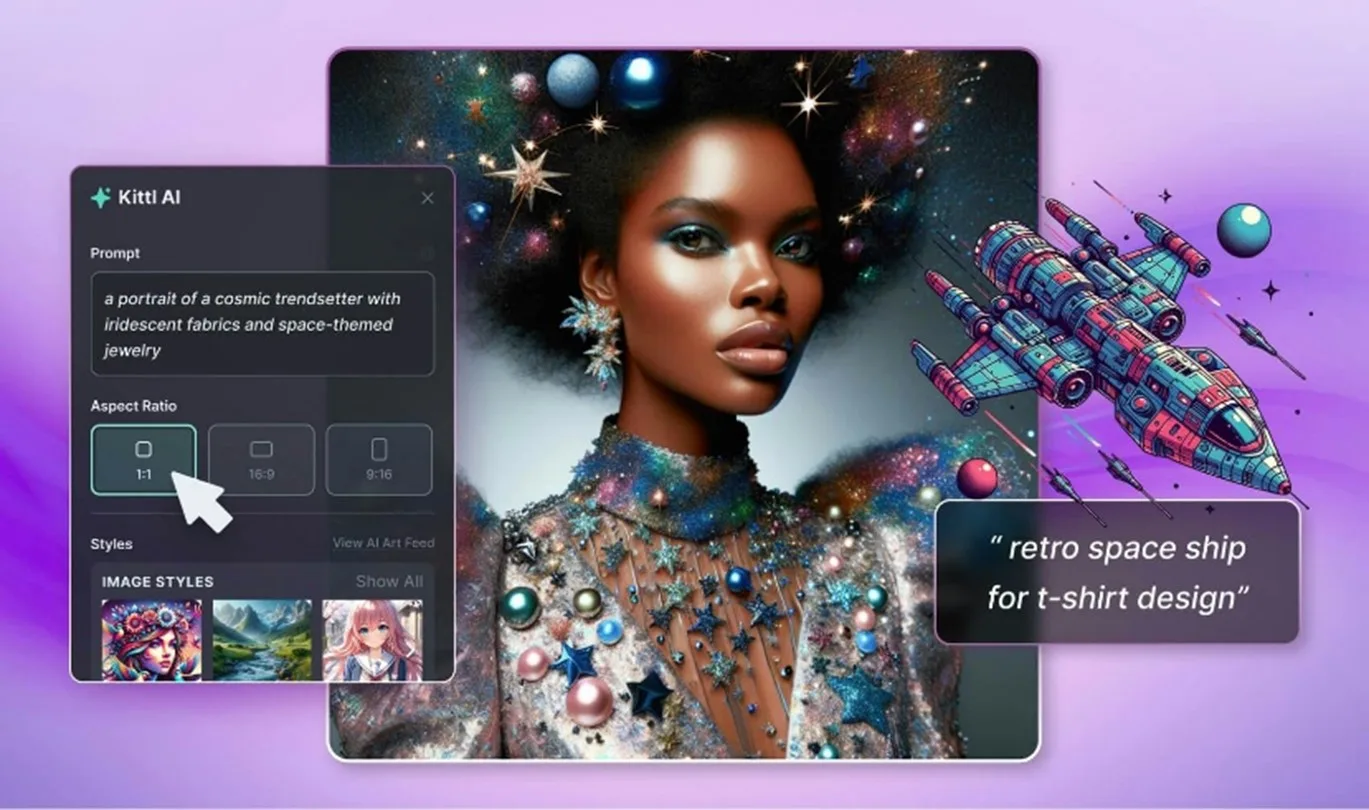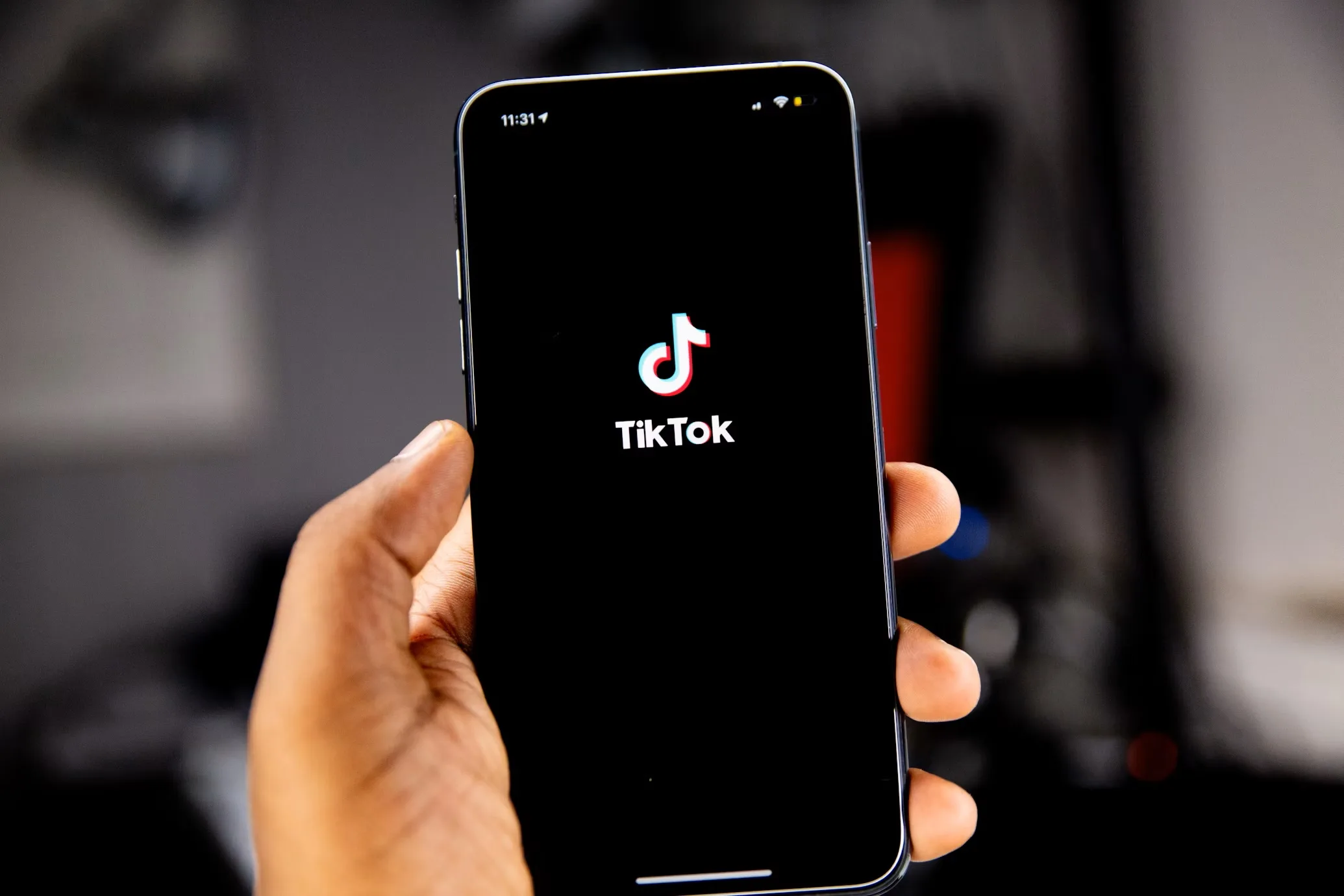
Controversial opinion alert: I don’t hate Facebook. There, I said it. I think it’s great, and the benefits it provides significantly outweigh the negatives. As the furore surrounding the platform, Cambridge Analytica and data carries on, some people are questioning whether the current free-to-use model needs to be rethought. It’s an interesting question that often sparks a lot of debate, which is understandable, given the emotive nature of the issues surrounding privacy and data. However, I’m not convinced that charging users will have the desired results.
The idea is that Facebook could offer the option for users to pay a subscription in exchange for an ad-free experience that doesn’t provide their profile data to advertisers. The dream! Finally, I’ll be able to idly scroll through my newsfeed on a Saturday morning without being shown adverts for saucepans, cat toys and rubber waders for no logical reason (side note, if you want the experts in Facebook advertising, speak to us. We can ensure you’re not wasting your money targeting the wrong people!).
But the idea of Facebook ditching advertising and moving towards a paid model is simply not realistic, and here’s why:
It would be near impossible to find a single pricing model that works for the platform’s 2.2 billion active monthly users. Facebook prides itself on being as accessible as possible to all, going as far as launching pared down versions of its app for those in developing nations with patchy internet access, to launching satellites to beam the internet to areas without wired access. Would users in developing nations all be able to afford a subscription? And if not, would that not go against the platform’s aims of being universally accessible?
Secondly, and more crucially, people simply don’t care enough. Tesco didn’t explicitly tell people it was going to use Clubcard data to build customer profiles and personalise offers when it launched, but it remains a useful service. Google doesn’t have banners proclaiming that it tracks your search history to personalise search results and adverts (amongst many other things), but the benefits of a powerful ‘free’ search tool outweigh the privacy concerns. Similarly, Facebook is simply too useful to the average user for them to want to pay for the services without advertising. It’s not only a social network, it’s a calendar, a diary, a messaging service, a video sharing site, a marketplace and so much more and users are invariably happy to part with their data in exchange for all these ‘free’ tools. Indeed, a recent survey suggests that despite the recent controversy, users in the US are still loyal to the platform, and it will be likely be the same story globally.
If the upside of the recent news is that people are more aware of the fact that there’s no such thing as a free lunch, then that can only be a positive. We’re slowly moving towards a more digitally native population who are more aware of these issues, but for the time being I’d rather see adverts that are more curated, controlled and targeted than pay to keep Facebook ad-free. Now, does anybody know where I can buy a phone holder that also doubles as a crisp bowl?

Navigating the fast-paced media landscape requires a dedication to innovation and a deep grasp of industry trends. At the heart of this transformation is Artificial Intelligence (AI), a total game-changer reshaping how we handle tasks and workflows. If the thought of this new ‘co-worker’ freaks you out as much as… Read more

We’ve delved into the minds of some of the biggest brand innovators around to uncover their secrets of success and inspiration. Brands aren’t just threads in life’s fabric; they’re engines of inspiration. Behind these brands are some of the world’s most influential leaders, driving change and innovation. That’s why we’ve… Read more

It’s no secret that we’re currently living through the age of social media, where platforms such as TikTok have become more than just entertainment hubs with viral dances and comedic skits — but now a powerful marketing influence that’s totally shaping consumer behaviours and trends, particularly in world of grocery… Read more